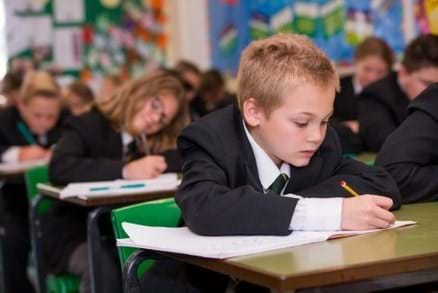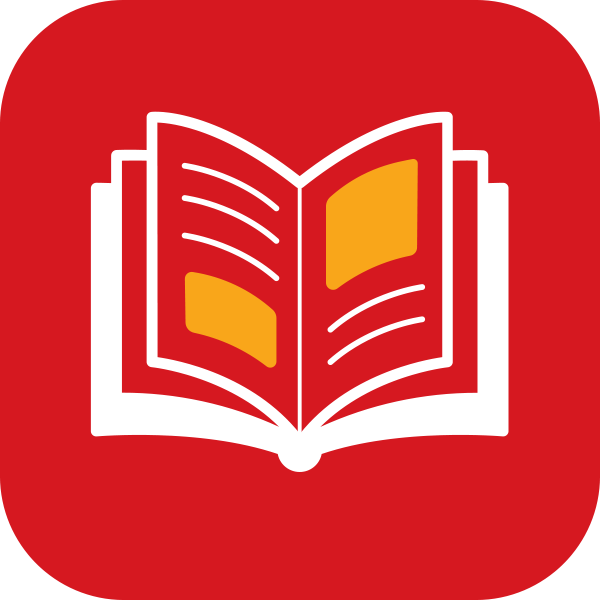“ ”
Dave Tandy, Hinchingbrooke’s Literacy Coordinator, explains: “We have around 170 students involved in literacy intervention across Key Stage 3. Most of these students will be supported by reading age-appropriate books but some will need additional, more tailored support."
“Around 35 students are placed in Waves 2 and 3. These students need bespoke higher-level literacy interventions. Those in Wave 2 have a limited vocabulary or poor spelling and are working below their chronological age. They work in small groups, and the content is linked to their English lessons. Without these sessions, they would underachieve at GCSE.
“Students in Wave 3 lack basic levels of literacy and are generally very weak readers, and they work one to one with literacy assistants. Students involved in the interventions have a mix of needs. Some have English as an additional language but may also have literacy problems in their mother tongues, while others have special educational needs, including learning and behaviour issues, or are just behind with their reading.”
A sample of 50 students from the intervention groups is tested again the following July and again in January to check on how much progress has been made. The outcomes allow Dave and his team to compare these with anecdotal evidence from teachers who may have observed improvements in a pupil, but don’t always have a means of proving it.
“Looking at the NGRT data together with feedback from teachers means we can keep the groups fluid and students can be moved from Wave 3 to 2 if they have made progress,” Dave explains.
The flexible approach also ensures individual needs are met: “One pupil identified as needing intervention disliked the sessions because he felt he was being singled out having to leave his normal lessons. Teachers spoke with his parents, and an alternative method was found where he worked with a sixth former instead.
“Sometimes you must do something a bit different, but most students, especially in Year 7, enjoy the one-to-one sessions because it’s more like what they were used to in primary school.”
NGRT is available termly and will be used in the autumn, spring and summer terms in Years 7 and 8, so that progress can be tracked, and adjustments made to the levels of support required. “The introduction of the termly NGRT test helps this process and this is something we’re looking forward to using,” Dave says.


